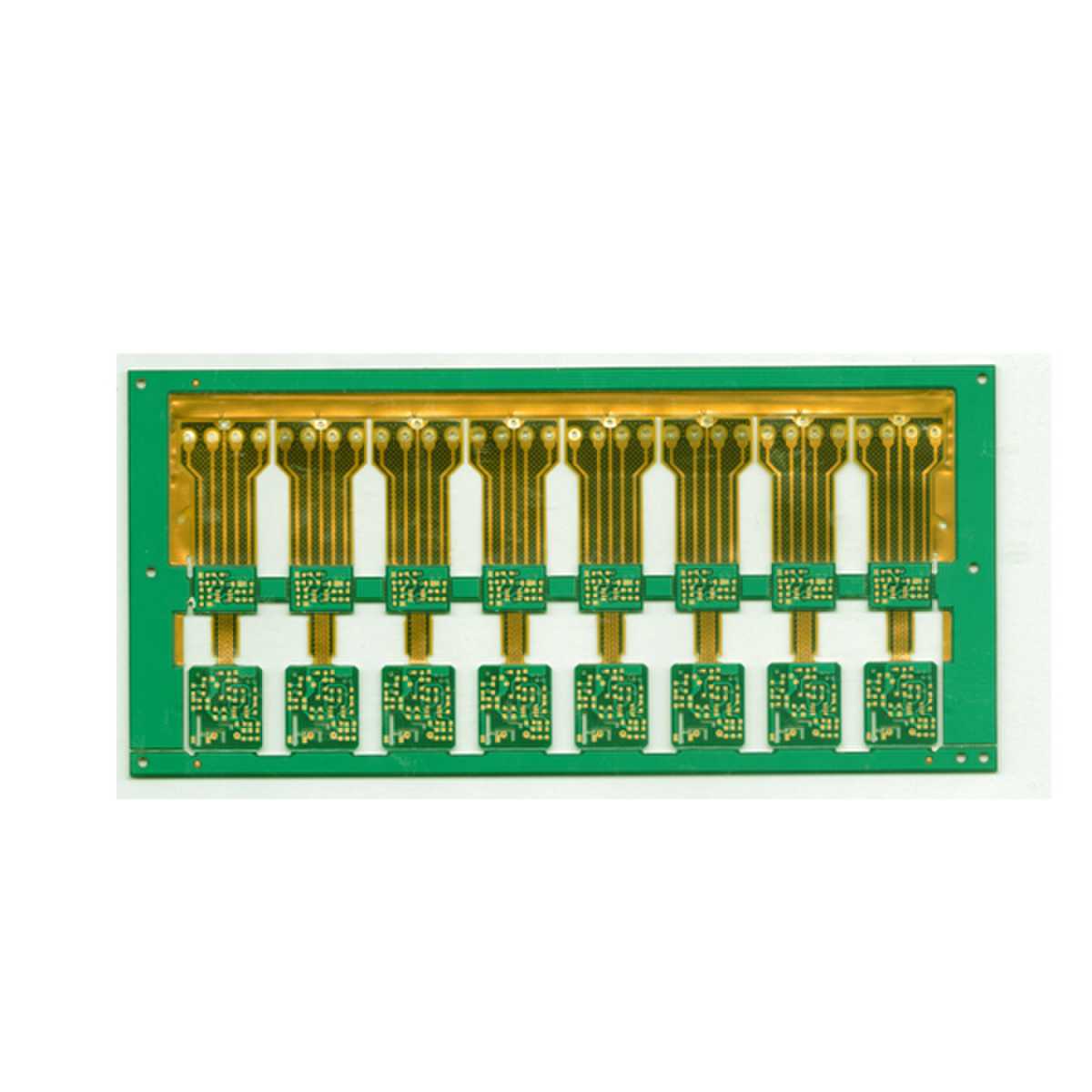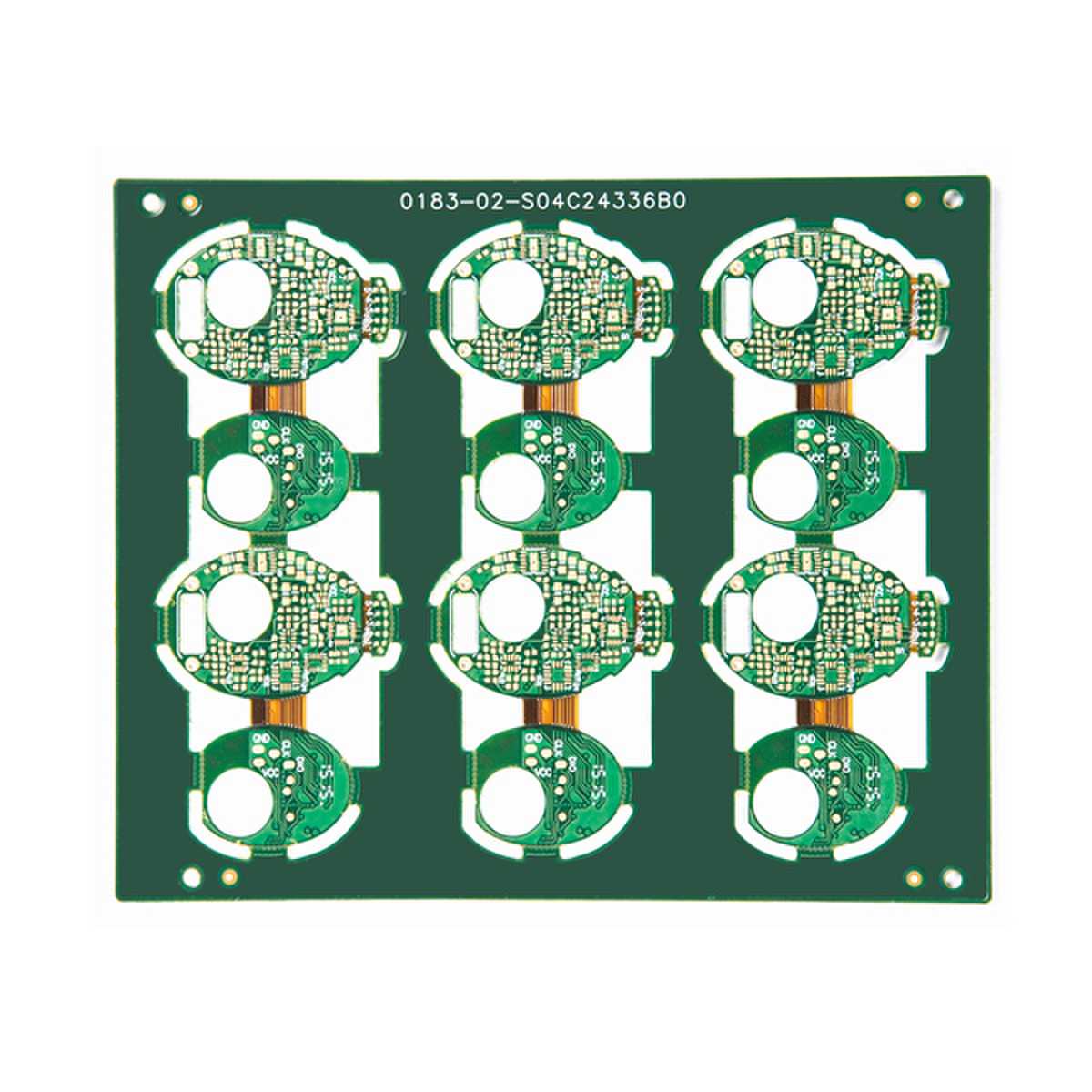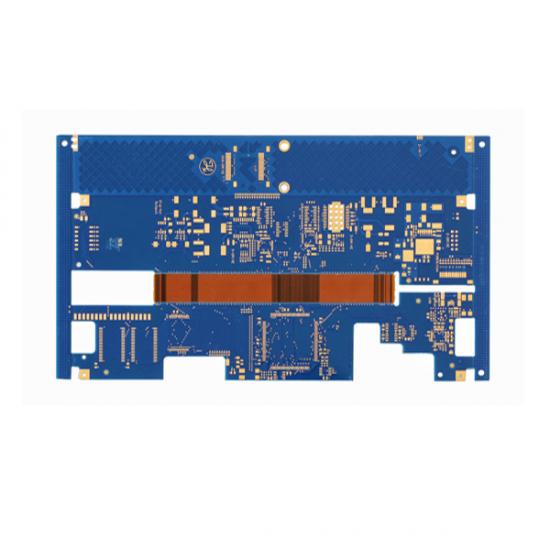How should the PCB industry achieve full-process traceability?
Revolutionizing the PCB Industry: Achieving Full-Process Traceability
The PCB industry has undergone rapid transformation over the years, thanks to advancements in technology and increasing demands for more efficient and reliable systems. To meet these demands, achieving full-process traceability has become crucial for PCB manufacturers. Full-process traceability refers to the ability to track and monitor the entire production cycle of a printed circuit board, from component sourcing and manufacturing to assembly and testing. In this article, we delve into the significance of full-process traceability in the PCB industry and explore the strategies that can be employed to achieve this goal.

1. Importance of Full-Process Traceability
Full-process traceability offers numerous benefits to the PCB industry. Firstly, it ensures the highest level of quality control. By tracking each step of the manufacturing process, manufacturers can quickly identify and rectify any errors or defects, minimizing the risk of faulty products reaching the market. This not only improves customer satisfaction but also reduces the need for costly recalls or repairs.
Secondly, full-process traceability enhances supply chain management. With real-time information on component sourcing and production progress, manufacturers can closely monitor inventory levels, optimize procurement, and reduce lead times. This level of transparency enables efficient production planning and minimizes disruptions due to component shortages or delays.
Furthermore, full-process traceability plays a vital role in ensuring compliance with industry regulations and standards. By maintaining comprehensive records of materials, processes, and testing procedures, manufacturers can demonstrate adherence to quality standards, certifications, and environmental guidelines. This not only fosters trust among customers but also safeguards the reputation of the manufacturer.

2. Strategies for Achieving Full-Process Traceability
To achieve full-process traceability, PCB manufacturers can implement the following strategies:
a. Integrated Information Systems: Implementing integrated information systems that connect various stages of the production process enables seamless data flow and real-time visibility. From component suppliers to assembly lines, every stage should be digitally linked, ensuring traceability and establishing a digital thread that can be tracked at any point during the manufacturing process.
b. Barcode and RFID Technology: Utilizing barcode and RFID (Radio Frequency Identification) technology allows easy and accurate identification of each component or board. By scanning barcodes or using RFID tags throughout the production cycle, manufacturers can automatically update and track valuable information, such as component origins and production dates.
c. Data Analytics and Machine Learning: Leveraging data analytics and machine learning technologies can provide valuable insights into production processes. By analyzing data from multiple sources, manufacturers can identify patterns, detect anomalies, and optimize performance. This proactive approach minimizes errors and streamlines operations, ultimately leading to improved traceability and enhanced productivity.
d. Collaboration and Standards: Collaboration among stakeholders in the industry is crucial for achieving full-process traceability. Manufacturers, suppliers, and regulatory bodies should collaborate to establish industry standards and guidelines governing traceability. This ensures consistency, uniformity, and interoperability across the entire supply chain and facilitates the smooth exchange of traceability-related information.

Conclusion:
In an industry driven by constant innovation and ever-increasing quality expectations, achieving full-process traceability is imperative for the PCB industry. The benefits of full-process traceability, including enhanced quality control, improved supply chain management, and regulatory compliance, are invaluable for manufacturers. By implementing integrated information systems, adopting barcode and RFID technology, harnessing data analytics and machine learning, and promoting collaboration and standards, PCB manufacturers can pave the way towards achieving full-process traceability. Embracing these strategies will not only revolutionize the industry but also unlock boundless opportunities for growth and success.
Send PCB Files to Sales@ucreatepcba.com, We Will Quote You Very Soon!



